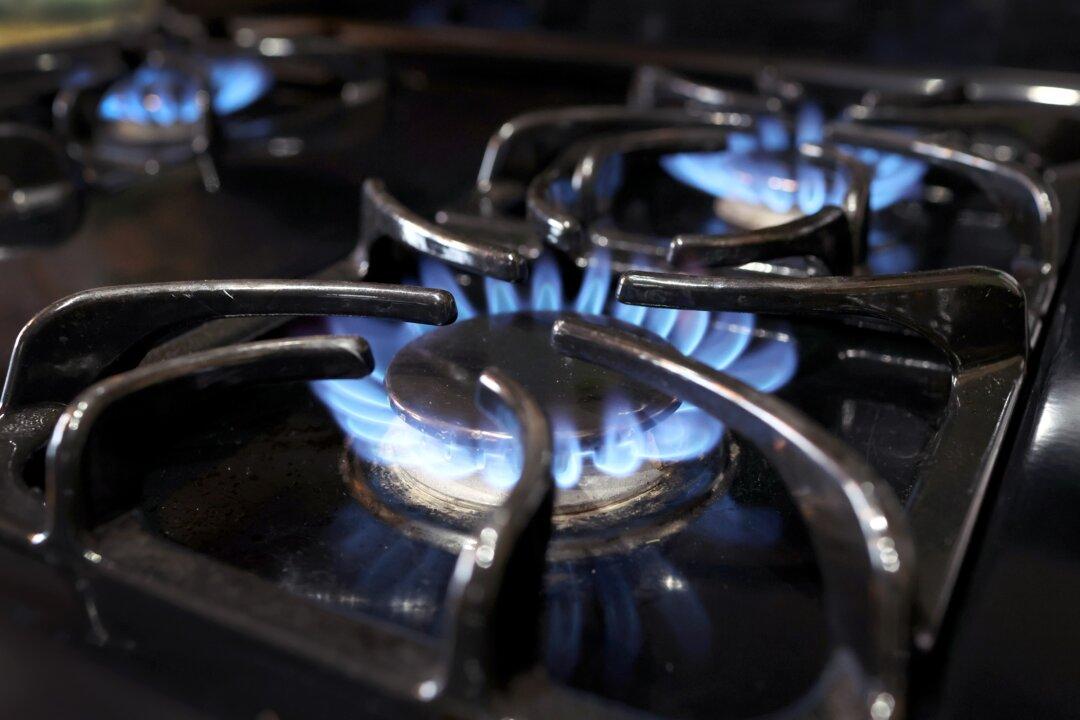Several industry groups have filed a lawsuit to block New York’s controversial state ban on gas stoves and furnaces that came as dozens of Democrat-controlled cities and local governments took similar measures to fight the supposed dangers of climate change.
The complaint, filed on Oct. 12 by the National Association of Home Builders, the National Propane Gas Association, and others, accuses New York state of violating federal law by banning gas stoves and other appliances in new buildings.





